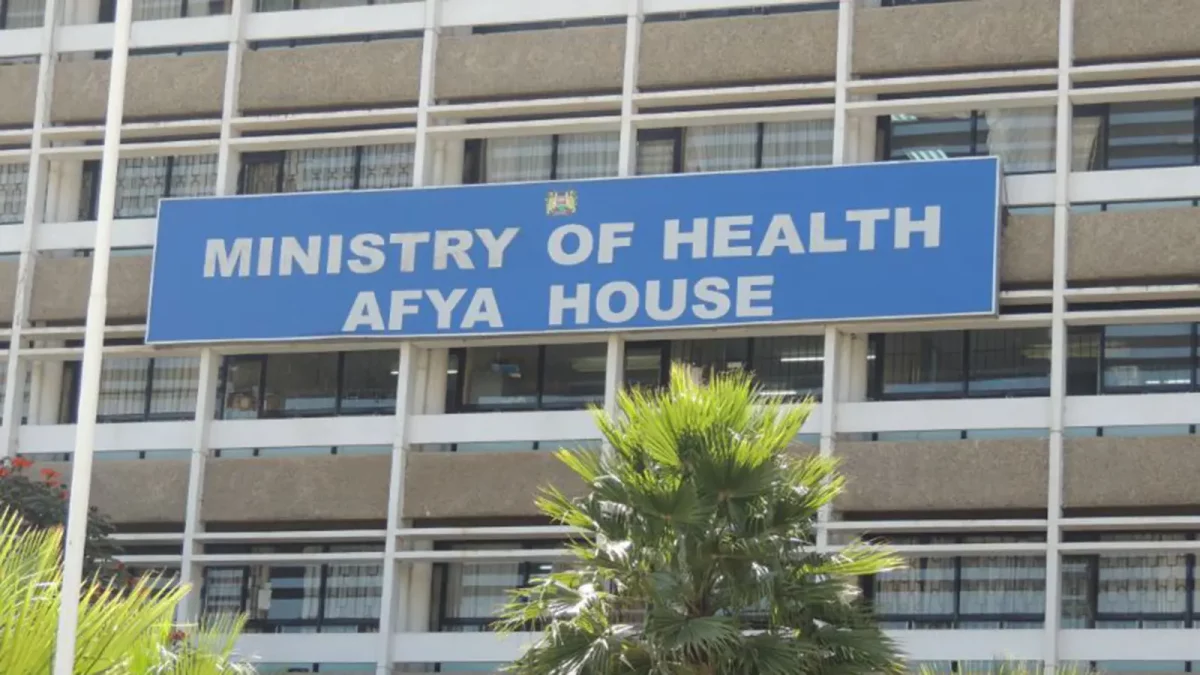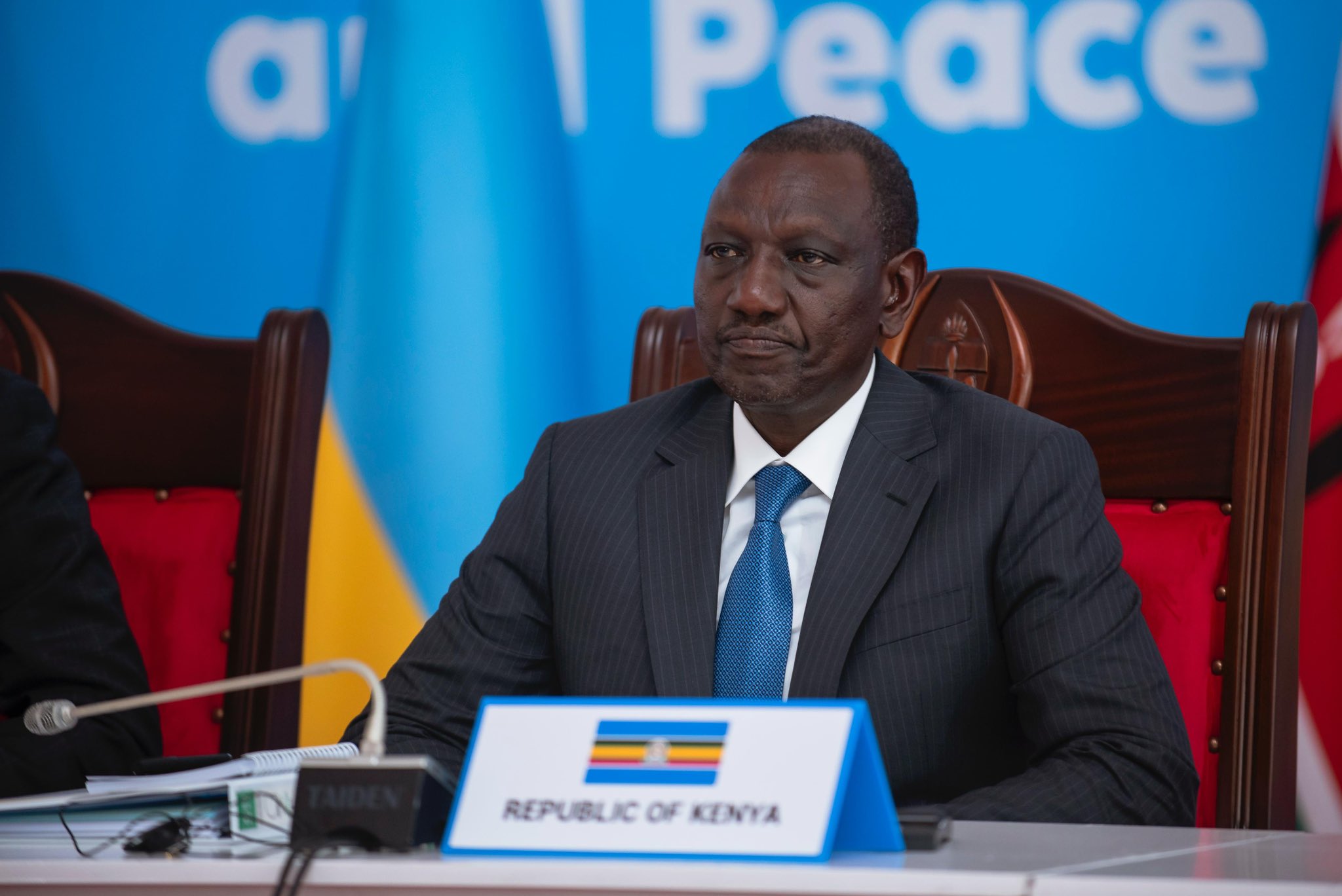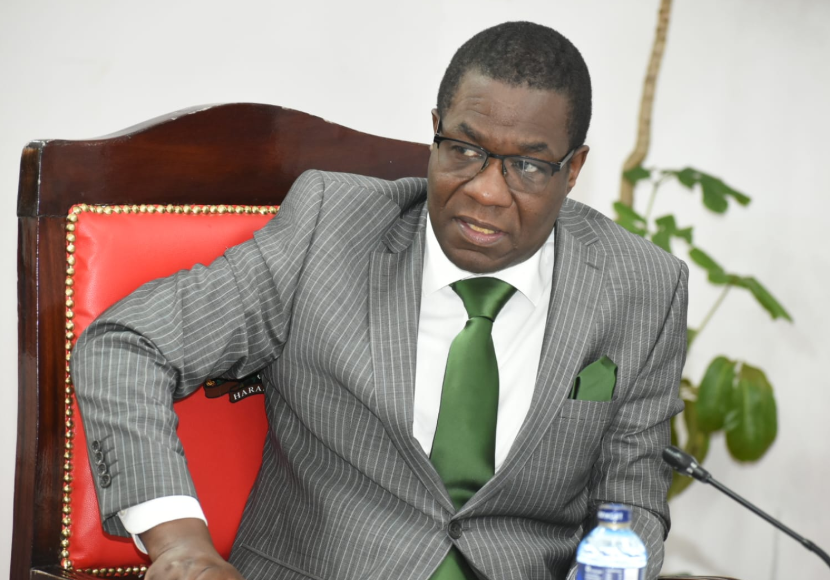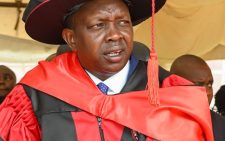Media’s ability to shape opinion under threat

Is the media as influential and as powerful as media scholars make us believe? Some media scholars submit that media exposure can do a product a lot of good.
Yet some others hold a nuanced position submitting that the effect depends on many other factors most of which have hardly been explained.
Some politicians receive so much negative news across time that you would think the stream of bad news would sink them.
Yet if you take the pulse of public opinion it is almost as if nothing touches them.
The last two to three weeks have been terrible, for example, for the president of United States of America who is in the middle of an election.
It has been one bad story after another: slighting the awed American military, his niece bad mouthing him in a book, his former legal fixer now fixing him, the famed Washington Post journalist saying that he knew so much regarding the Covid 19 pandemic but chose to do nothing, and some books are still on the way – all of them not painting a rosy picture of the man.
Yet on the opinion polls the needle of the polls is hardly moving.
Back at home the stream of bad news never seems to dry up for some. It is one corruption case after another corruption case, one broken promise from a politician after another.
But the political class remain strong. Across the board it is hard to find an individual who would approve of corrupt officials.
Yet should that corrupt official stand up for elections they would still receive votes, and sometimes overwhelmingly so.
It is time that political communicators explored the major factors that force the needle of popularity to move.
Is it the herd mentality that the populace are birds of a feather with their corrupt leader and therefore belong together?
The solid support that Trump enjoys is said to be derived from a certain kind of the white community who feel threatened by those who look different.
Similarly, it could be said in Africa that the solid support that some leaders who are always receiving bad press have is from their solid base that have an ethnic affinity with the leader.
The leader receiving bad press mirror the worst fears of the followers and thus prompt them to stick together.
The campaign is not so much to change anything but to reinforce those fears.
And so from Migori to Kirinyaga, and from Tharaka Nthi to Busia the nation should brace itself for one thing: public protest against what could be considered by the base of these leaders as the maligning of the favourite son or daughter.
For the students of media, it raises the question of the capacity of the legacy media to shape opinion one way or the other.
It would seem that the opinions that are usually swayed may only appear to have been swayed but could have been leaning towards a particular direction all along anyway.
Or it could be that this only applies to certain type of products, the products that the audience is already familiar with anyway, such as politicians.
It may well be that the media’s influence may play much more on products towards which the emotional affinity is weak.
In a sense you may need to guard against strong negative media coverage of commercial products such as bread and vehicles or politicians who lack a strong emotional base, whose appeal lies on their accomplishments.
It may explain why some politicians who have delivered to their communities in terms of achievements and initiation of development projects are quickly discarded when an authentic son of the soil shows up.
In the same way it may be difficult to discard a product that has been passed from generation to generation and to which the audience has an emotional affinity. — The writer is dean, School of Communication, Daystar University







